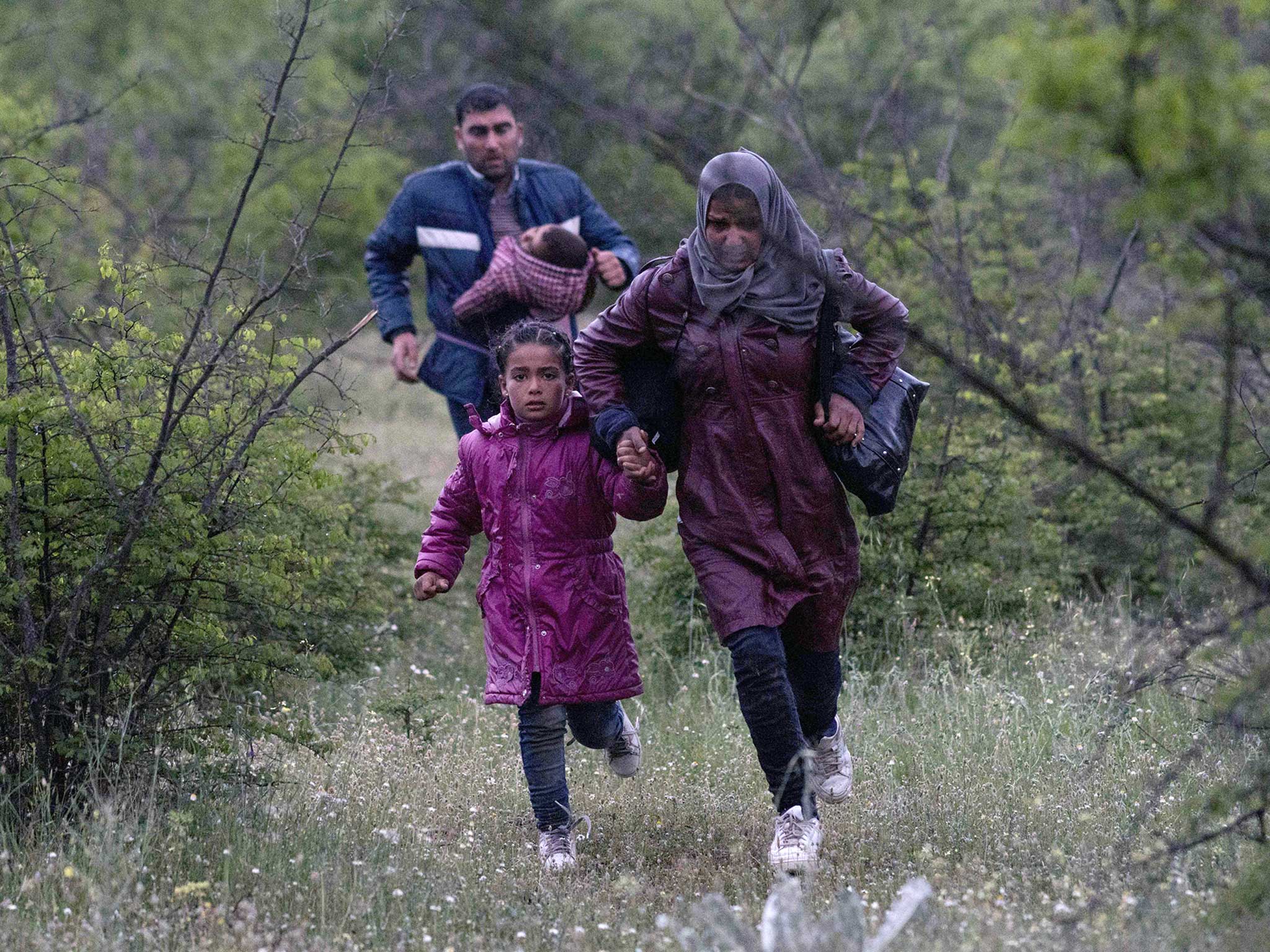As the world's biggest camp is closed 'for security', we justify turning a blind eye to refugees by calling them terrorists
Ironically, most refugees are trying to flee terrorist regimes like Isis that Western governments are trying to combat

Your support helps us to tell the story
From reproductive rights to climate change to Big Tech, The Independent is on the ground when the story is developing. Whether it's investigating the financials of Elon Musk's pro-Trump PAC or producing our latest documentary, 'The A Word', which shines a light on the American women fighting for reproductive rights, we know how important it is to parse out the facts from the messaging.
At such a critical moment in US history, we need reporters on the ground. Your donation allows us to keep sending journalists to speak to both sides of the story.
The Independent is trusted by Americans across the entire political spectrum. And unlike many other quality news outlets, we choose not to lock Americans out of our reporting and analysis with paywalls. We believe quality journalism should be available to everyone, paid for by those who can afford it.
Your support makes all the difference.When Kenya’s Foreign Affairs secretary Karanja Kibicho announced plans to close the country’s refugee camps on security grounds this week, he threw down a challenge to world leaders. Acknowledging that the decision “will have adverse effects on the lives of refugees” he said the international community “must collectively take responsibility [for] humanitarian needs that will arise out of this action."
His frustration with the abject failure of the international community to deal with the global refugee crisis was plain, but he won’t be the only one to feel it. His is one of just seven countries – the others are Turkey, Pakistan, Lebanon, Iran, Jordan and Ethiopia - hosting half of the world’s refugee population of 15 million. If you include Palestinian refugees, that number leaps to over 20 million.
Over 600,000 people live in refugee camps in Kenya - mostly in Kakuma and Dadaab, the latter being the biggest in the world and home to more than 50,000 children under the age of four. The majority are of Somali origin – a country ravaged by conflict for over 20 years.
Sadly, it’s not just Kenya where the authorities are promoting this security narrative when it comes to refugees, and it is one that can have fatal consequences. Across Europe fences have gone up at borders to stop refugees moving through, and to “protect national security”. Turkey recently sealed its border, effectively trapping people in war-torn Syria. The recent bombing of a camp in Syria, which left dozens of civilians dead, was a stark reminder of the dangers faced by people forced from their homes.
And this security rhetoric is hardly accidental. Ratcheting up the fear factor hardens public attitudes against refugees and potentially stokes hostility towards people fleeing often the same violence and terror governments are seeking to combat. Painting them as ‘the other’ and as a threat to ‘our’ security is a convenient way for governments to push public opinion from sympathy to antipathy.
The UK government has stated its intention to create a “hostile environment” for immigrants. When Foreign Secretary Philip Hammond referred to “marauding” migrants last year, and the Prime Minister called those risking their lives to cross the Med as a “swarm”, dismissing those stuck in the miserable refugee camp in Calais as a “bunch of migrants”, they were attempting to do just that.
In September the UN will announce a plan for the resettlement of 10 per cent of the world’s refugees and other measures to deal with the crisis. World leaders must support and implement this plan. If they don’t, the crisis will simply deepen as ever more people are forced to journey further searching for safety.
Kate Allen is the Director of Amnesty International UK
Join our commenting forum
Join thought-provoking conversations, follow other Independent readers and see their replies
Comments